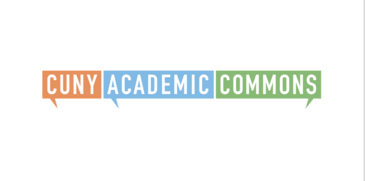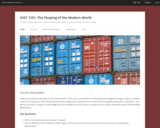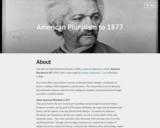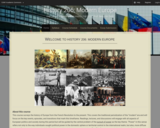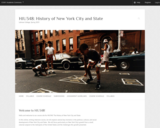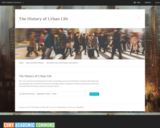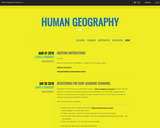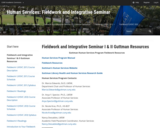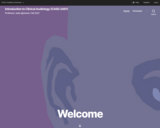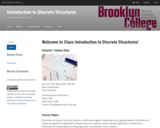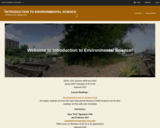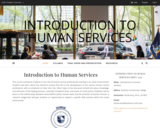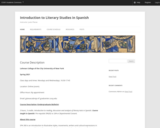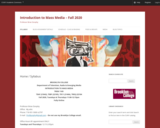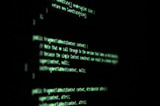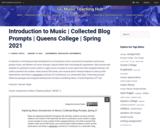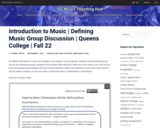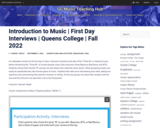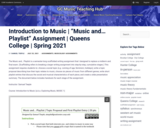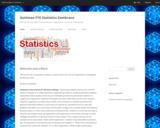
This course will provide students with an in-depth understanding of the fundamental concepts and computational methods of statistics. These concepts will be developed through the question of how to estimate an unknown quantity using sample data. Students will learn to incorporate the foundational concepts of mathematics with statistical analysis to describe and solve real-life problems and questions. The topics addressed include: displaying categorical data using tables, bar graphs, and circle graphs; drawing conclusions about categorical data; displaying quantitative data using dot plots, stem-and-leaf plots, histograms and box-and-whisker plots; describing data distributions using measures of center (mode, mean, and median) and measures of spread (standard deviation, range and IQR); Displaying bivariate data using scatterplots; analyzing bivariate data using linear regression; elementary probability; normal probability distributions, sampling distributions; confidence intervals and hypothesis testing of the proportion and the mean.
- Subject:
- Mathematics
- Statistics and Probability
- Material Type:
- Full Course
- Provider:
- CUNY
- Provider Set:
- Guttman Community College
- Author:
- : Luis Zambrano
- Date Added:
- 07/10/2023
